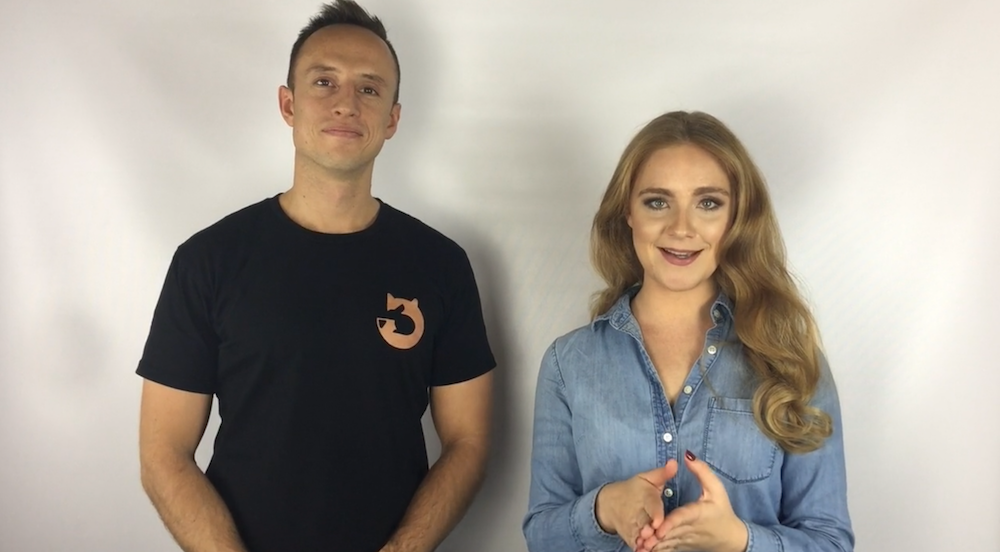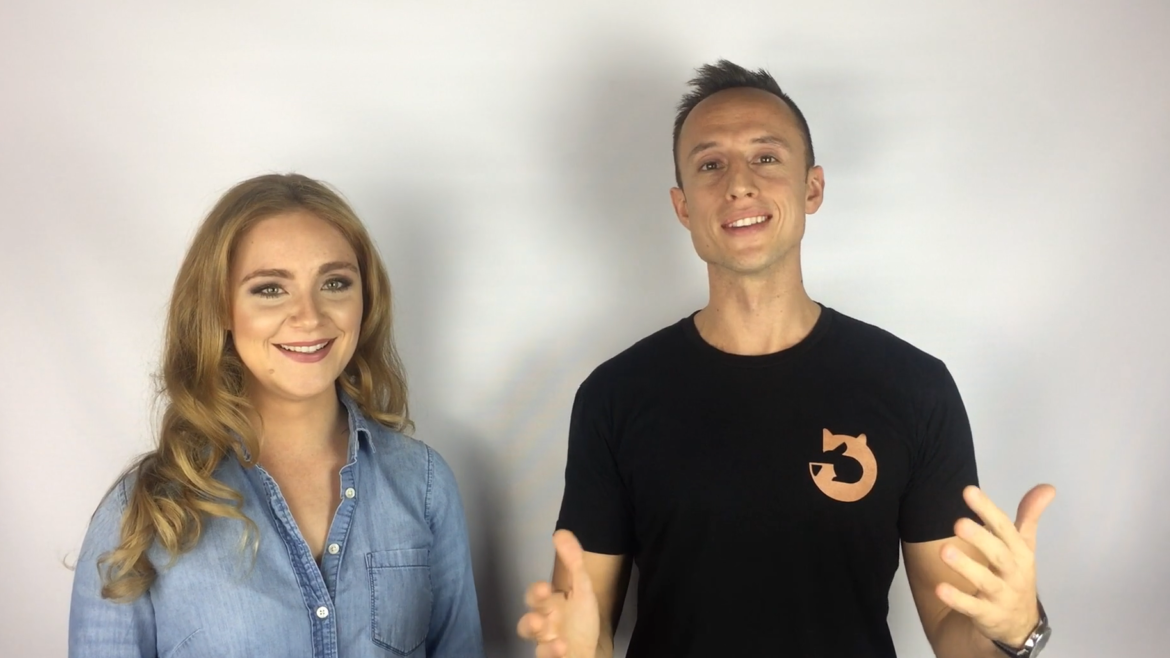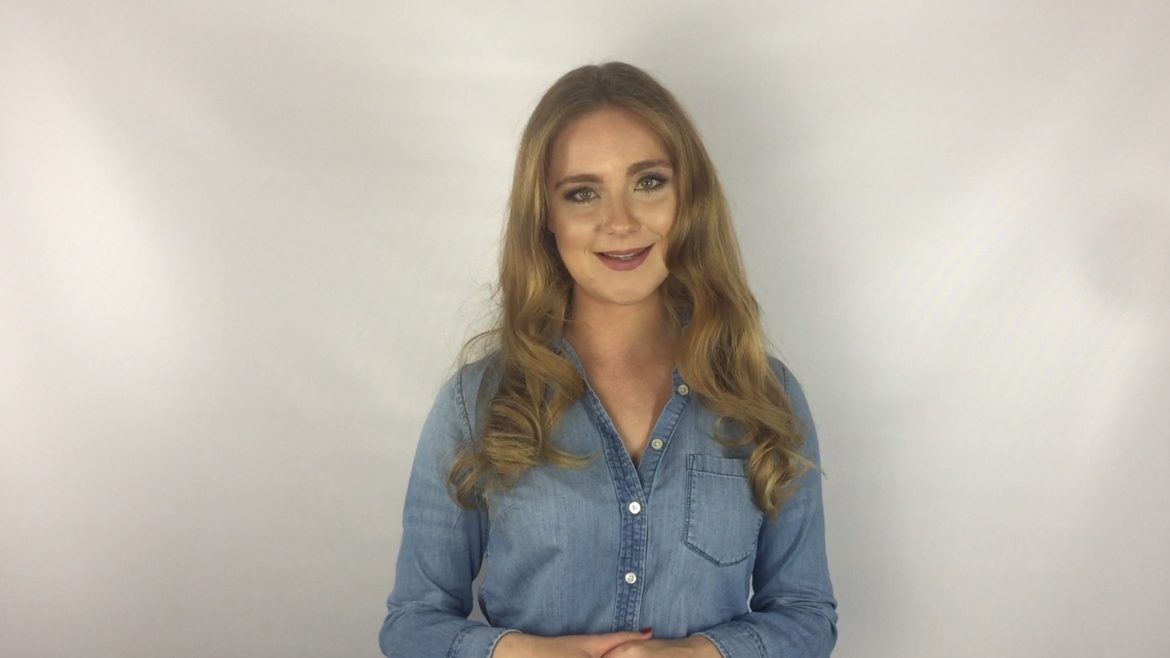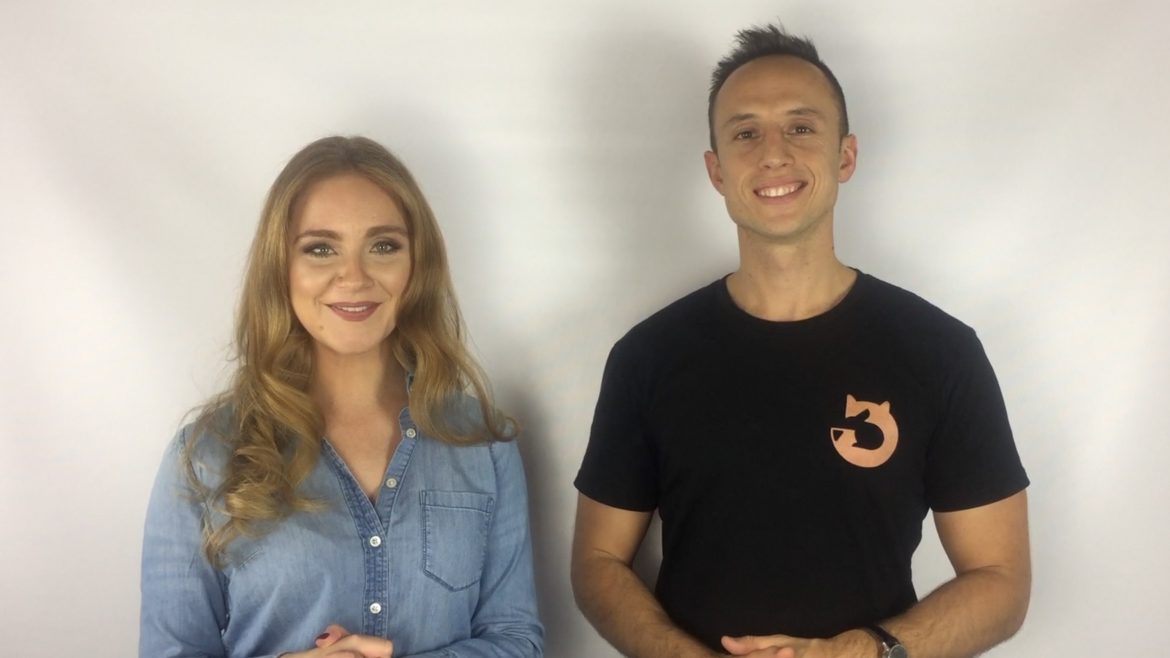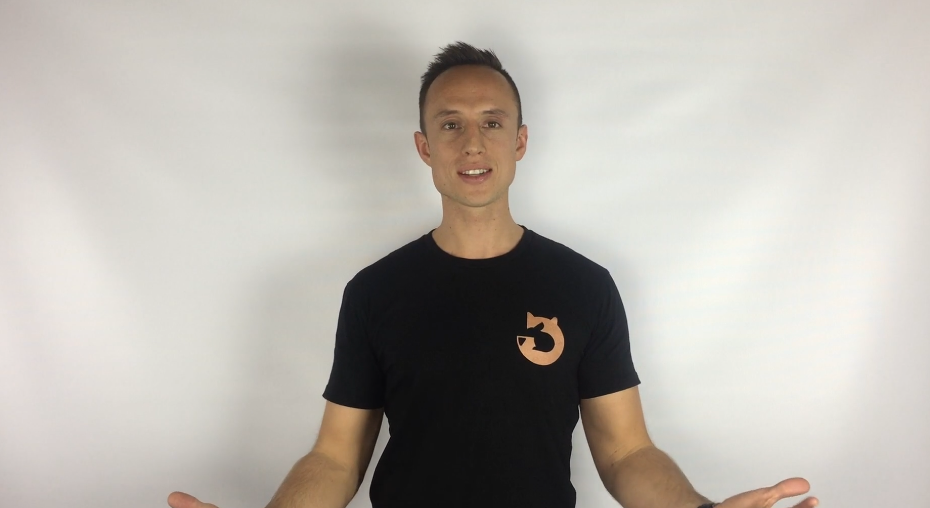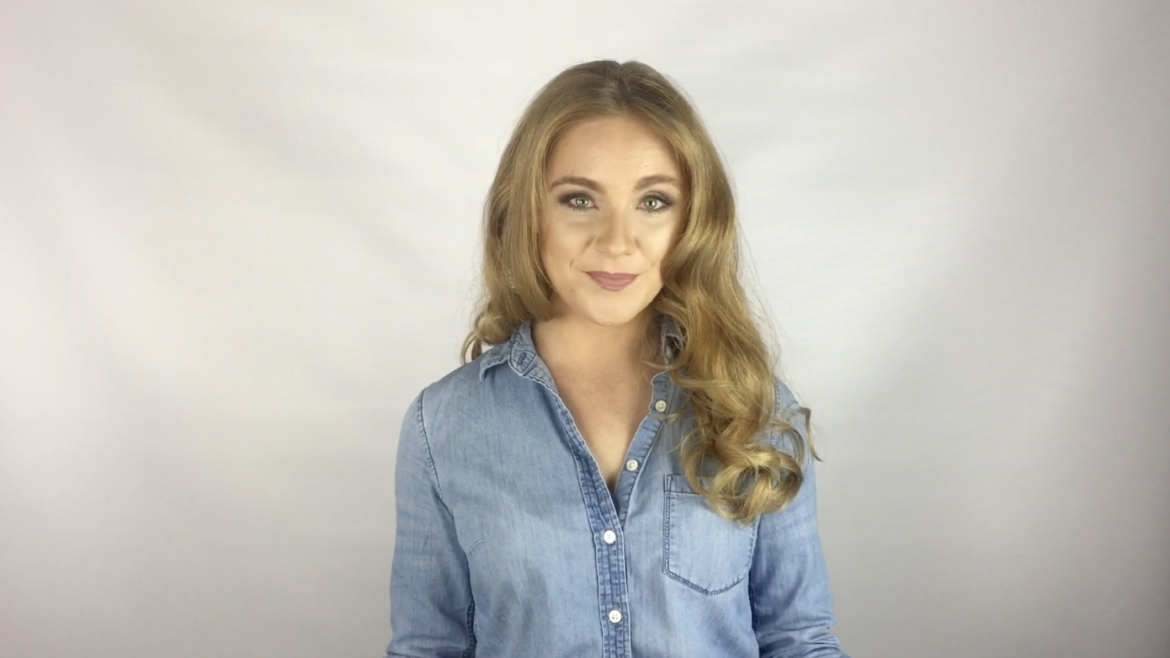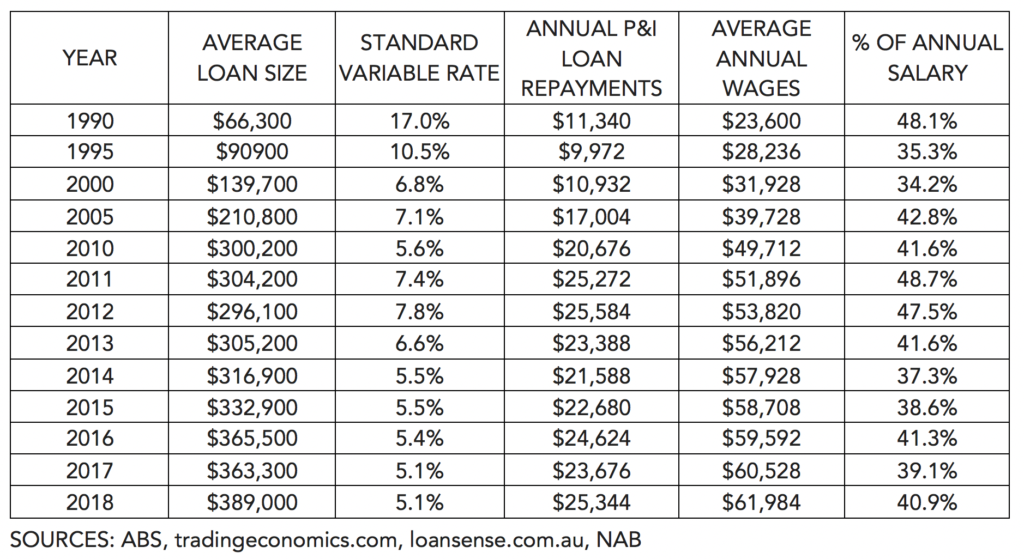9 top tips for starting to invest
Jess shares her top tips for investing alongside Clayton Daniel & Sarah O’Carroll at Yahoo Finance’s Breakfast Club!
As share markets experience incredible volatility, the question on a number of Australians’ lips is: “Is now the right time to invest?”
And according to the experts, the answer is generally “yes,” provided you understand the rules of investing.
- Covid-19 crash: Is it finally time to start buying stocks?
- Hot tips: Where to invest during coronavirus
- Australians are jumping into the sharemarket: This is where they’re investing
Speaking to Yahoo Finance Editor-in-Chief Sarah O’Carroll during the inaugural Yahoo Finance Breakfast Club: Live Online, co-founder and financial adviser at Fox & Hare Jessica Brady and XY Adviser managing director Clayton Daniel shared their top tips for first-time investors.
- Don’t try to time the market
Brady said trying to time the market is a “dangerous game”, and that investors will never know the bottom of the market until it’s past. Instead, it’s better to make sensible investment decisions more broadly, rather than jumping in simply because prices are cheap. - Make sure you have a buffer
Questioned on how much money is required to begin investing, Brady said it’s important Australians have a cash buffer of at least a few months, and then to begin investing with however much is left over. That way, should unemployment or other unexpected expenses strike, investors won’t be scrambling to pull funds from their investments and potentially selling when the value of their investments is low just to access the cash. - Just start
“Starting is always the best thing to do, because you care more,” Daniel said, suggesting that instead of waiting to hit a particular savings goal, investors just start investing – provided they have a buffer. He said there are several apps out there that can help investors understand market movements, and build an awareness of what it feels like to watch your investments go up and down. And they don’t cost a lot: apps like Raiz and Acorns allow investors to begin investing with spare change. - Set your goal
Is your goal in investing to build a tidy nest egg? Or are you keen to have more money to spend now on purchasing a home or travelling? “The first thing to think about is: ‘what are you aiming to do with your investment’? Is it short term, is it long term, is it a bit of fun, is it to have money for the future?” Daniel said.Brady echoed that, noting that many first-time investors won’t have seen a lot of market volatility before. “There’s a couple of key things to consider if you are a first time investor: definitely work out what is the goal that you’re investing for then really think through what is your appetite for risk,” she said. “Up until now, a lot of investors haven’t [had their risk appetite] tested, and it can be really easy to watch your money going backwards, effectively, in terms of what the investment is and not stay the course.”So you need to really understand your appetite to risk and make a commitment to yourself that if you are genuinely doing this for the long term, you will stay the course.” - Consider fees and costs
“Make sure that you have a really good understanding of what it is actually going to cost you, and what are the performance figures for that investment as well,” Brady said. This means making sure your fees aren’t rolling up with the performance you receive, and considering whether paying for a relatively expensive actively managed fund is a better option for you than investing through a cheaper index fund. - Diversify your portfolio. (Put simply: Don’t put all your eggs in one basket)
One of the best ways to protect your investments is by holding a diversified portfolio. That just means not having all of your eggs in one basket, or all of your money in one type of investment. Investing through an exchange-traded fund or ETF is one way to do this, as an ETF offers you the chance to invest in a basket of shares, often grouped by an index. That means that as the index goes up or down, your investment value does as well. - Be sensible
When it comes to picking individual stocks, Daniel said his rule of thumb at the moment is to simply consider the companies that are doing well at the moment. So, transportation groups like Qantas and Uber aren’t doing as well because no one is going anywhere, and this is a trend that will continue until the virus is brought under control. On the other hand, social media companies, supermarkets and tech firms like Zoom are seeing strong performance as their services are being used more widely. Essentially, he’s looking at companies that consumers are using without needing to leave their homes. - Sort out your cash flow
Daniel said the greatest piece of advice he ever received was to figure out what his real salary was. That is, how much of your salary is left over once you’ve taken out your fixed costs? Reduce your costs and increase your cash flow. Then, start thinking about money you can afford to funnel away into investments. - Do your homework
Resources like ASIC’s MoneySmart website can really help you understand the basic ins and outs of investing, while Brady said it also doesn’t hurt to talk to your friends and family about how they’re investing and why – “with a grain of salt”.





